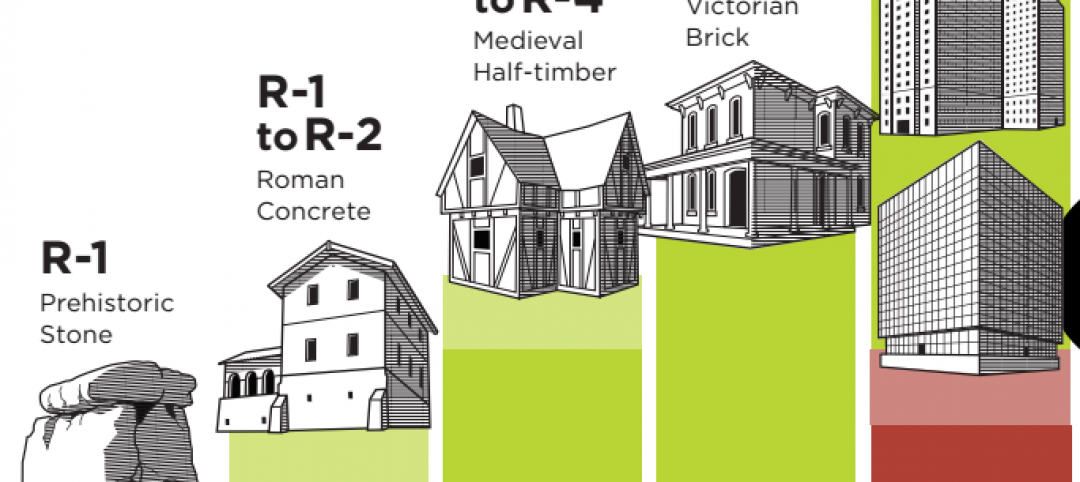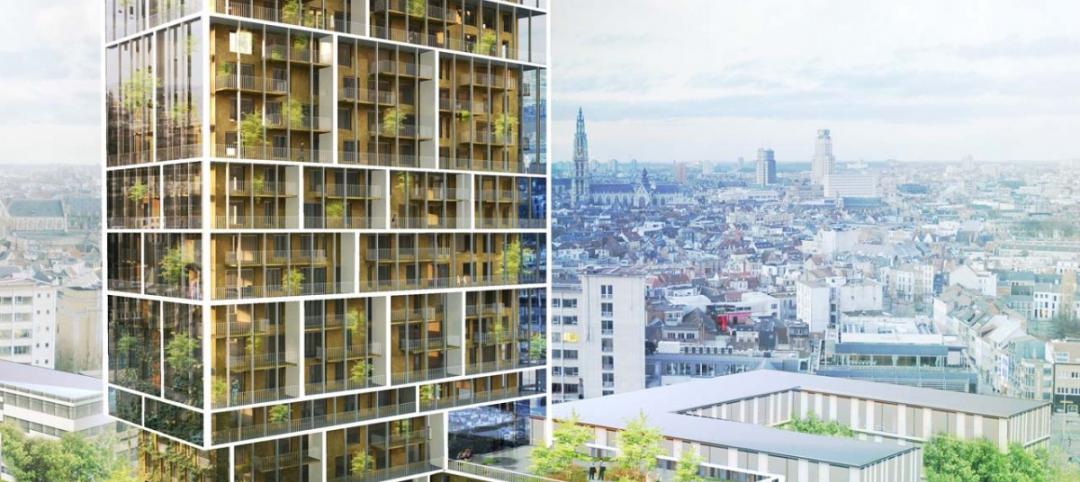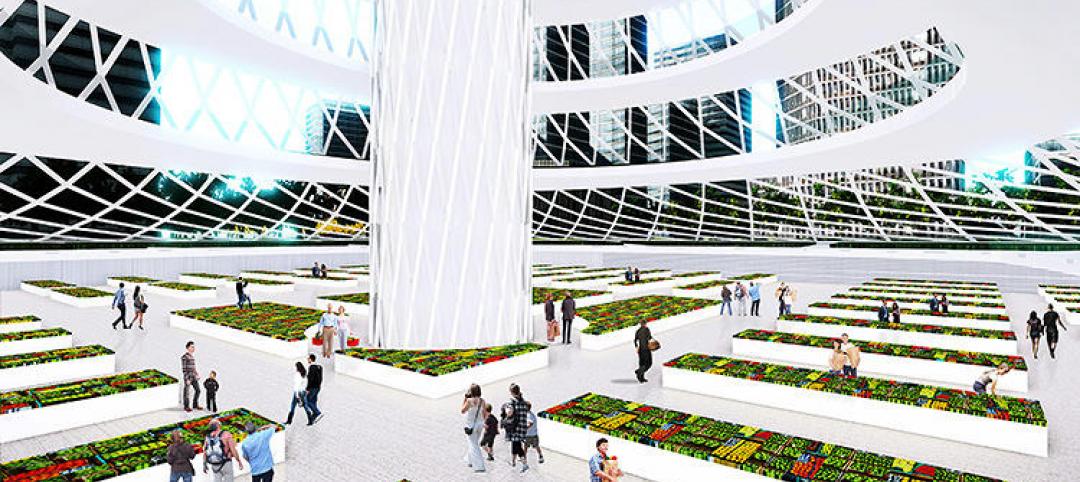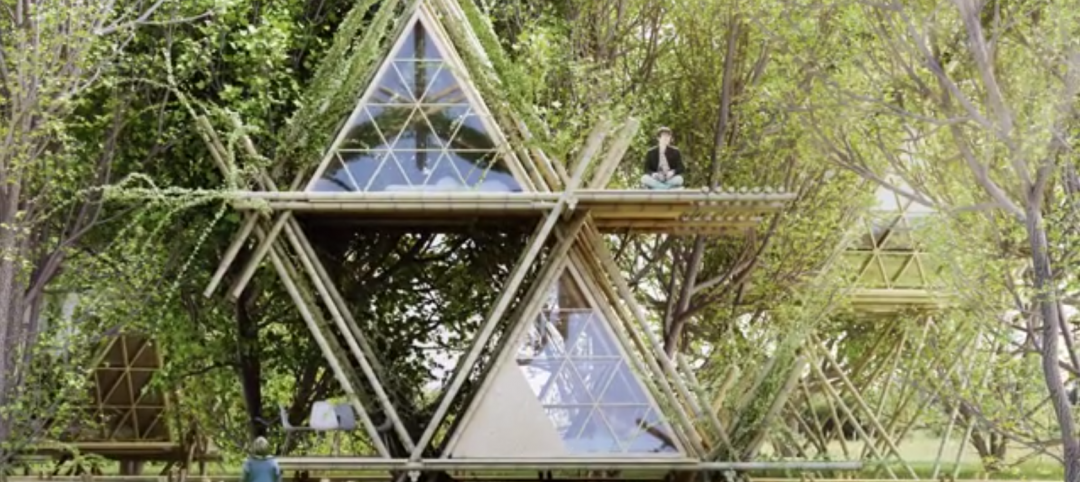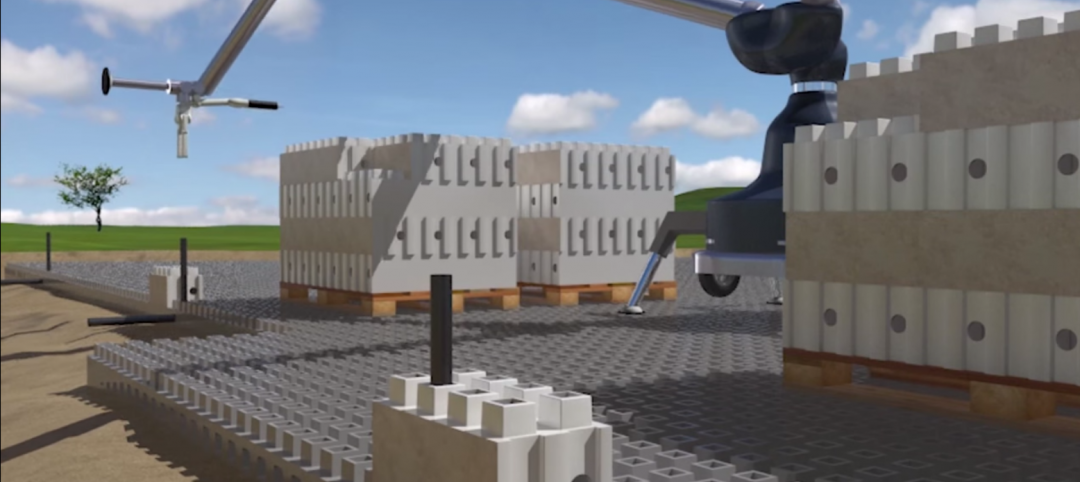Many corporations are failing to implement simple, practical steps needed for them to hit their stated decarbonization goals, according to a survey of more than 300 operations managers across key industrial sectors including construction, energy, and chemicals in the U.S., U.K., and Germany.
The key findings in the survey by ESG software, data and consulting firm Sphera include:
- 85% of businesses have net-zero strategies, but a majority fail to implement them
- Nearly a third of respondents say their firms do not align with science-based emissions targets
- 40% of operations managers want carbon targets included in their performance reviews
Many respondents reported that responsibility for net zero is too heavily concentrated at the top, with 95% indicating that accountability for net zero lies solely with C-suite executives and the board of directors. Some 42% of operations managers receive little or no encouragement to contribute suggestions on improving the environmental sustainability of business operations.
Yet, the survey found a growing desire among mid-level employees to share responsibility for climate change goals, with 40% of operations managers calling for carbon targets to be included in their performance reviews. The survey also found that 40% of companies now have a public net-zero strategy, and 43% have allotted over 20% extra budget to sustainability and net-zero initiatives.
Related Stories
| Jul 30, 2014
German students design rooftop solar panels that double as housing
Students at the Frankfurt University of Applied Sciences designed a solar panel that can double as living space for the Solar Decathlon Europe.
| Jul 28, 2014
Post Tower Wins CTBUH 10-Year Award
The 10 Year Award recognizes proven value and performance in a tall building, across one or more of a wide range of criteria, over a period of 10 years since its completion.
| Jul 24, 2014
MIT researchers explore how to make wood composite-like blocks of bamboo
The concept behind the research is to slice the stalk of bamboo grass into smaller pieces to bond together and form sturdy blocks, much like conventional wood composites.
| Jul 17, 2014
A harmful trade-off many U.S. green buildings make
The Urban Green Council addresses a concern that many "green" buildings in the U.S. have: poor insulation.
| Jul 17, 2014
A high-rise with outdoor, vertical community space? It's possible! [slideshow]
Danish design firm C.F. Møller has developed a novel way to increase community space without compromising privacy or indoor space.
| Jul 16, 2014
Check out this tree-like skyscraper concept for vertical farming
Aprilli Design Studio has stepped forward with a new idea for a vertical farm, which is intended to resemble a giant tree. It uses lightweight decks as outdoor growing space, adding up to about 25 acres of space.
| Jul 15, 2014
A look into the history of modular construction
Modular construction is more than a century old, and throughout its lifespan, the methods have been readapted to meet specific needs of different eras.
| Jul 14, 2014
Meet the bamboo-tent hotel that can grow
Beijing-based design cooperative Penda designed a bamboo hotel that can easily expand vertically or horizontally.
| Jul 11, 2014
Are these LEGO-like blocks the future of construction?
Kite Bricks proposes a more efficient way of building with its newly developed Smart Bricks system.
| Jul 10, 2014
BioSkin 'vertical sprinkler' named top technical innovation in high-rise design
BioSkin, a system of water-filled ceramic pipes that cools the exterior surface of buildings and their surrounding micro-climates, has won the 2014 Tall Building Innovation Award from the Council on Tall Buildings and Urban Habitat.






